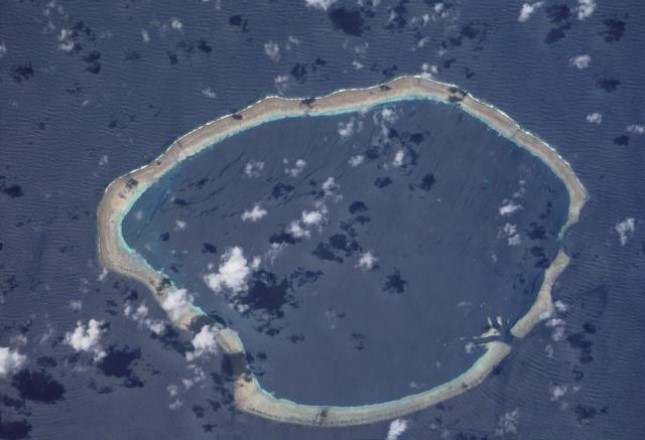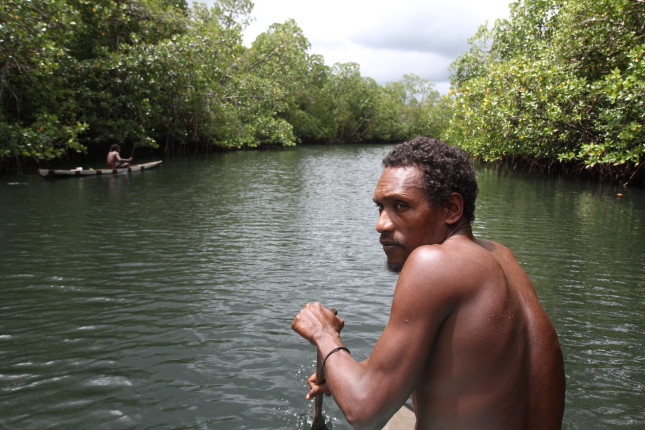-
Community Input Improves Climate Change-Induced Resettlement Effort
›
In the Global South, climate change-induced resettlement requires a holistic and integrated approach, involving all stakeholders—state institutions, local customary and civil society institutions—and in particular respectful engagement with local traditional actors and networks. In a policy brief for the Toda Peace Institute, we examined climate change-induced resettlement from the Carteret Islands in the Pacific, a case which encompasses a broad range of issues relevant to future relocation efforts elsewhere. Those who seek to make this type of resettlement possible would do well to heed these lessons.
-
To Avoid Conflict, Responses to Climate Change in Oceania Must Heed Customary Actors and Institutions
›
Considering how vulnerable Pacific Island countries (PIC) are to the conflict-prone effects of climate change, it is surprising that so little attention has been focused on the region. To address the conflict potential of the effects of climate change, as well as of adaptation and mitigation policies and technologies, policymakers must draw upon research related to the climate change-conflict nexus that thus far have been widely ignored or underestimated. These include cultural and spiritual aspects, indigenous knowledge, and indigenous ways of adapting to climate change. To fill gaps in knowledge, more granular ethnographic research should explore the complexity of local contexts in Oceania. Non-Western, non-anthropocentric concepts warrant particular attention.
Showing posts by Volker Boege.





